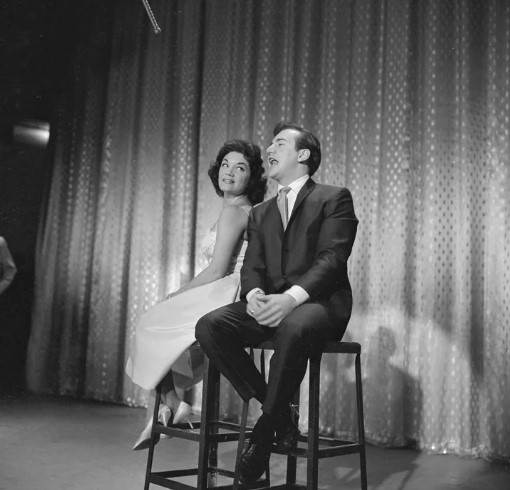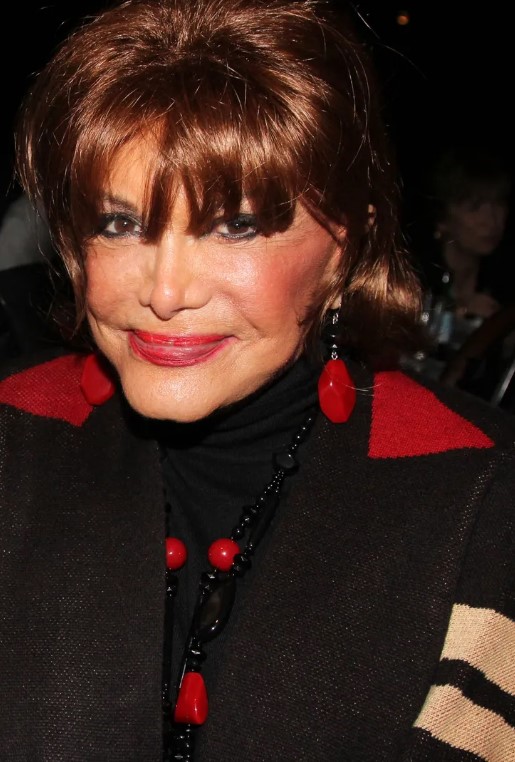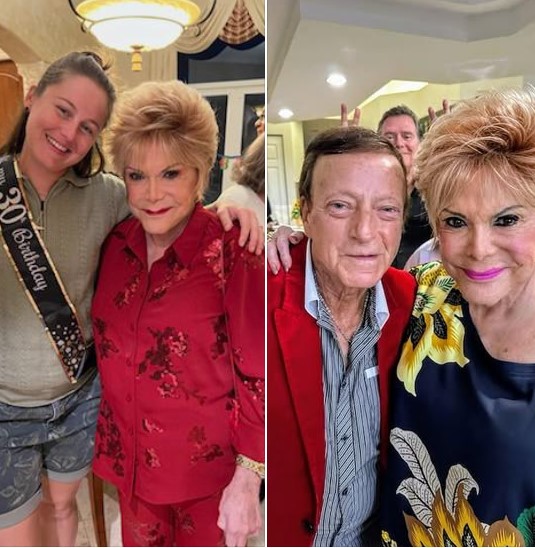Connie Francis, born Concetta Rosa Maria Franconero in Newark, New Jersey, didn’t just break into the music industry—she reshaped it. Rising to fame in the late 1950s, she became one of the most successful female vocalists of her era, with timeless hits like “Who’s Sorry Now?”, “Stupid Cupid,” and “Where the Boys Are.” Her voice, both powerful and tender, captured the hopes, heartbreaks, and dreams of a generation. But behind the shimmering facade of success was a story of pain, resilience, and survival that few truly understood.

From an early age, Connie was thrust into the spotlight. Her father, George Franconero Sr., was a strict and determined figure who believed in his daughter’s talent and was relentless in his efforts to mold her into a star. His push paid off—by the age of 18, Connie had a string of chart-topping singles and had become a household name. But the success came at a heavy cost. Childhood freedom gave way to relentless rehearsals, media scrutiny, and emotional isolation.
In the early 1960s, Connie found love in fellow rising star Bobby Darin. The two shared a deep connection, one that could have led to marriage had her father not intervened. Disapproving of Darin for both personal and professional reasons, George Franconero forced Connie to break off the relationship, a decision she later admitted was one of the deepest regrets of her life. Darin moved on—and so did she—but the emotional scars never truly faded.

Her personal life continued to be marred by tragedy. In 1981, Connie’s beloved brother, George Jr., was senselessly murdered in a mob-related hit. The loss devastated her, compounding years of emotional strain. And just a few years earlier, in 1974, Connie had endured a horrifying trauma: she was raped at knifepoint in a motel room after a performance in New York. The assault, coupled with security failures at the hotel, led to a public lawsuit and a painful, highly scrutinized recovery. She became one of the few celebrities at the time to speak openly about sexual violence, bringing attention to issues of victim protection and justice.

The psychological toll of these experiences weighed heavily. Connie battled depression for decades and was institutionalized several times for mental health treatment. In the midst of it all, a botched nasal surgery in the 1970s temporarily robbed her of her singing voice—the very thing that had defined her identity and career. The silence that followed was both literal and symbolic.
Yet, in the face of relentless adversity, Connie Francis refused to disappear.

In the 1980s and ’90s, she began a gradual return to public life. Her voice recovered, and so did her spirit. She released new music, performed for adoring audiences, and authored a candid autobiography titled “Who’s Sorry Now?”—a deeply personal reflection on fame, trauma, and survival. She also embraced a new role: advocate. Her experiences propelled her to speak out on behalf of victims of violence and to campaign for greater awareness around mental health and emotional well-being.
Central to her healing was her son, Joey, whom she calls her greatest joy and achievement. Their bond brought light into her darkest hours and grounded her through life’s storms.

Today, at 87 years old, Connie Francis lives quietly in Florida, away from the blinding glare of the spotlight. Her days are filled with peace, reflection, and the occasional message to her fans, who continue to send letters and love from around the world. She may no longer tour or record, but her legacy is more alive than ever.
Having sold over 80 million records, Connie Francis is not just a singer of pop hits—she is a symbol of endurance. Her story reminds us that even those who seem to have it all can be carrying unseen wounds. But it also shows us that healing is possible, and that survival—though messy and non-linear—is an act of quiet heroism.

Through it all, Connie’s voice has never truly been silenced. Whether through song or advocacy, she continues to speak to generations of listeners who find strength in her story. And in a world so often obsessed with perfection, Connie Francis remains a beautifully imperfect icon—scarred, unbroken, and endlessly inspiring.